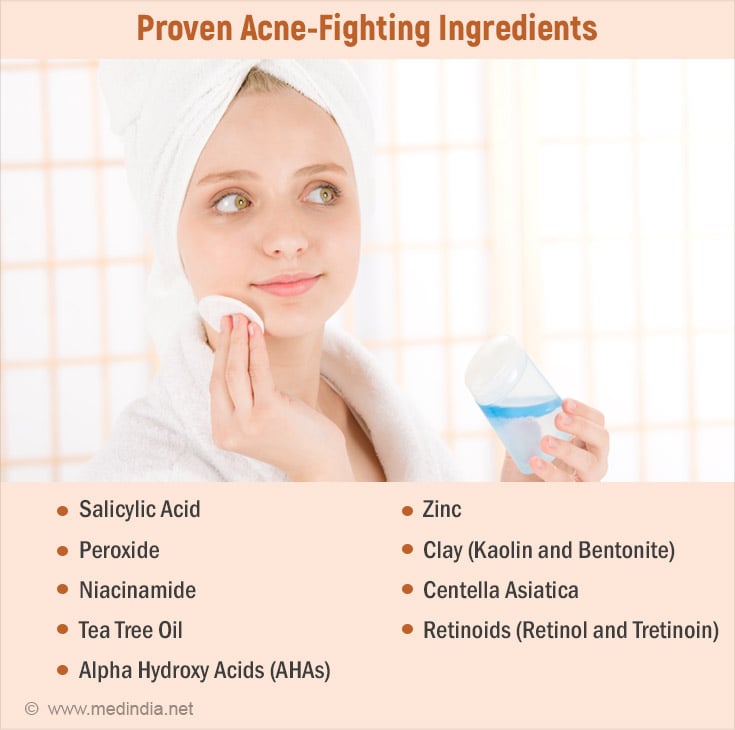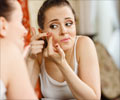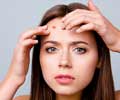- Treatment of acne vulgaris with salicylic acid pads - (https://pubmed.ncbi.nlm.nih.gov/1535287/)
- Benzoyl Peroxide - (https://www.ncbi.nlm.nih.gov/books/NBK537220/)
- Mechanistic Insights into the Multiple Functions of Niacinamide: Therapeutic Implications and Cosmeceutical Applications in Functional Skincare Products - (https://www.mdpi.com/2076-3921/13/4/425)
- Tea tree oil gel for mild to moderate acne; a 12 week uncontrolled, open-label phase II pilot study - (https://pubmed.ncbi.nlm.nih.gov/27000386/)
- An antiaging skin care system containing alpha hydroxy acids and vitamins improves the biomechanical parameters of facial skin - (https://www.ncbi.nlm.nih.gov/pmc/articles/PMC4277239/)
- The clinical effects of zinc as a topical or oral agent on the clinical response and pathophysiologic mechanisms of acne: a systematic review of the literature - (https://pubmed.ncbi.nlm.nih.gov/23652948/)
- Comprehensive assessment of the efficacy and safety of a clay mask in oily and acne skin - (https://www.ncbi.nlm.nih.gov/pmc/articles/PMC10626287/)
- Pharmacological Review on Centella asiatica: A Potential Herbal Cure-all - (https://www.ncbi.nlm.nih.gov/pmc/articles/PMC3116297/)
- Why Topical Retinoids Are Mainstay of Therapy for Acne - (https://www.ncbi.nlm.nih.gov/pmc/articles/PMC5574737/)
About
Acne can be frustrating, but the right ingredients in your skincare routine can make all the difference. Choosing "green flag" ingredients those that are known to be effective and non-irritating can help reduce breakouts, clear pores, and calm the skin.
Did You Know?
Ancient Egyptians used clay to treat skin infections and acne over 3,000 years ago, harnessing the natural detoxifying powers of the earth's minerals. #ClearSkinSecrets
Top Acne-Fighting Ingredients for a Clear Skin
Salicylic Acid
Salicylic acid is one of the most popular and effective ingredients for acne(1✔ ✔Trusted Source
Treatment of acne vulgaris with salicylic acid pads
Go to source). A beta-hydroxy acid (BHA), it exfoliates the skin by dissolving dead cells and unclogging pores. It penetrates deep into the skin, reducing blackheads, whiteheads, and other forms of acne. Its anti-inflammatory properties also help reduce redness and swelling.
Benzoyl Peroxide
Benzoyl peroxide is a powerful ingredient that kills acne-causing bacteria(2✔ ✔Trusted Source
Benzoyl Peroxide
Go to source). It works by releasing oxygen into the skin, which bacteria cannot survive in. This makes it highly effective for reducing inflamed pimples. It also helps to exfoliate the skin, preventing further breakouts. Benzoyl peroxide can be found in concentrations ranging from 2.5% to 10%, but starting with a lower concentration is recommended to avoid irritation.
Niacinamide
Niacinamide, also known as vitamin B3, is a multi-tasking ingredient that benefits all skin types, particularly acne-prone skin. It reduces inflammation, which can help soothe acne flare-ups, and helps regulate oil production(3✔ ✔Trusted Source
Mechanistic Insights into the Multiple Functions of Niacinamide: Therapeutic Implications and Cosmeceutical Applications in Functional Skincare Products
Go to source). Additionally, niacinamide strengthens the skin’s barrier, improving its ability to retain moisture and making it less susceptible to damage. It also helps fade acne scars and hyperpigmentation over time.
Tea Tree Oil
Tea tree oil is a natural antibacterial and anti-inflammatory agent derived from the leaves of the Melaleuca tree. It helps reduce the number of acne-causing bacteria on the skin, leading to fewer breakouts(4✔ ✔Trusted Source
Tea tree oil gel for mild to moderate acne; a 12 week uncontrolled, open-label phase II pilot study
Go to source). Tea tree oil is also effective in reducing swelling and redness, making it a great choice for treating active acne. However, it’s important to dilute tea tree oil before applying it to the skin to prevent irritation.

AHA (Alpha Hydroxy Acids)
Alpha Hydroxy Acids (AHAs), such as glycolic acid and lactic acid, are excellent for exfoliating the skin and improving its texture. They work by gently dissolving the bonds between dead skin cells, allowing them to be sloughed off more easily. This not only helps to prevent clogged pores but also improves the overall appearance of the skin, making it smoother and brighter. AHAs are also known to stimulate collagen production, which can help reduce acne scars and signs of aging(5✔ ✔Trusted Source
An antiaging skin care system containing alpha hydroxy acids and vitamins improves the biomechanical parameters of facial skin
Go to source).
Zinc
Zinc is a mineral that plays a vital role in skin health and acne management. It reduces inflammation, controls oil production, and prevents the clogging of pores. Zinc also has antibacterial properties, making it effective in combating the bacteria that cause acne. Whether taken as a supplement or applied topically, zinc can help manage acne, particularly in people with inflammatory acne like pustules and cysts(6✔ ✔Trusted Source
The clinical effects of zinc as a topical or oral agent on the clinical response and pathophysiologic mechanisms of acne: a systematic review of the literature
Go to source).
Clay (Kaolin and Bentonite)
Clay masks, particularly those containing kaolin or bentonite clay, are fantastic for oily and acne-prone skin. These clays absorb excess oil, draw out impurities, and help detoxify the skin. By reducing oiliness and deep-cleaning the pores, clay masks can prevent future breakouts(7✔ ✔Trusted Source
Comprehensive assessment of the efficacy and safety of a clay mask in oily and acne skin
Go to source). These masks can also help to soothe inflammation and reduce the appearance of large pores.
Centella Asiatica
Centella Asiatica, also known as Cica, is a botanical extract widely used for its calming and healing properties. It promotes wound healing, which is beneficial for acne-prone skin that is prone to scarring and irritation(8✔ ✔Trusted Source
Pharmacological Review on Centella asiatica: A Potential Herbal Cure-all
Go to source). Centella also has anti-inflammatory effects, helping to reduce redness and swelling. It is gentle enough for sensitive skin and can help soothe acne-related irritation.
Retinoids (Retinol and Tretinoin)
Retinoids, including retinol and tretinoin, are derivatives of vitamin A that help to increase cell turnover, which prevents pores from becoming clogged. Retinoids also reduce inflammation, improve skin texture, and fade acne scars over time(9✔ ✔Trusted Source
Why Topical Retinoids Are Mainstay of Therapy for Acne
Go to source). These powerful ingredients can also help minimize signs of aging, such as fine lines and wrinkles, making them a great addition to any skincare routine. Start with a low concentration and increase gradually to avoid irritation.
These ingredients may help with acne management, but it is not a substitute for professional medical advice. Always consult a dermatologist before starting any new skincare regimen.









